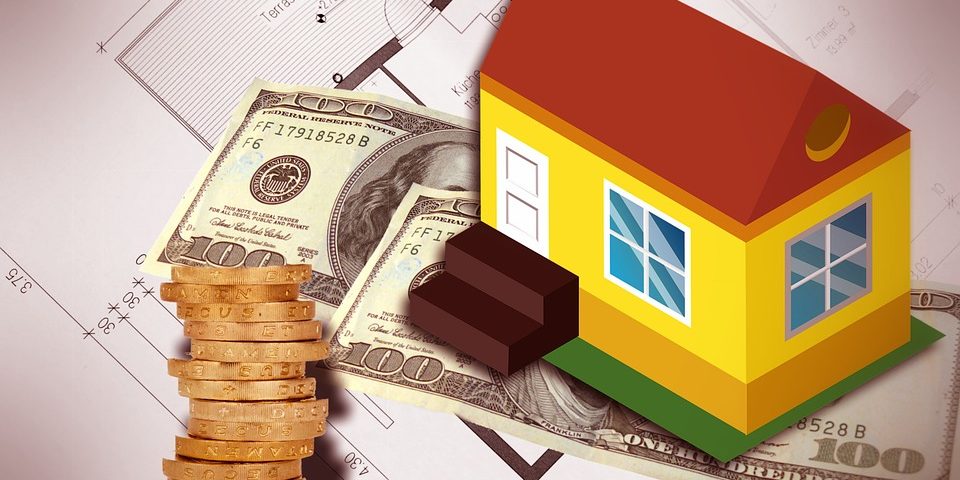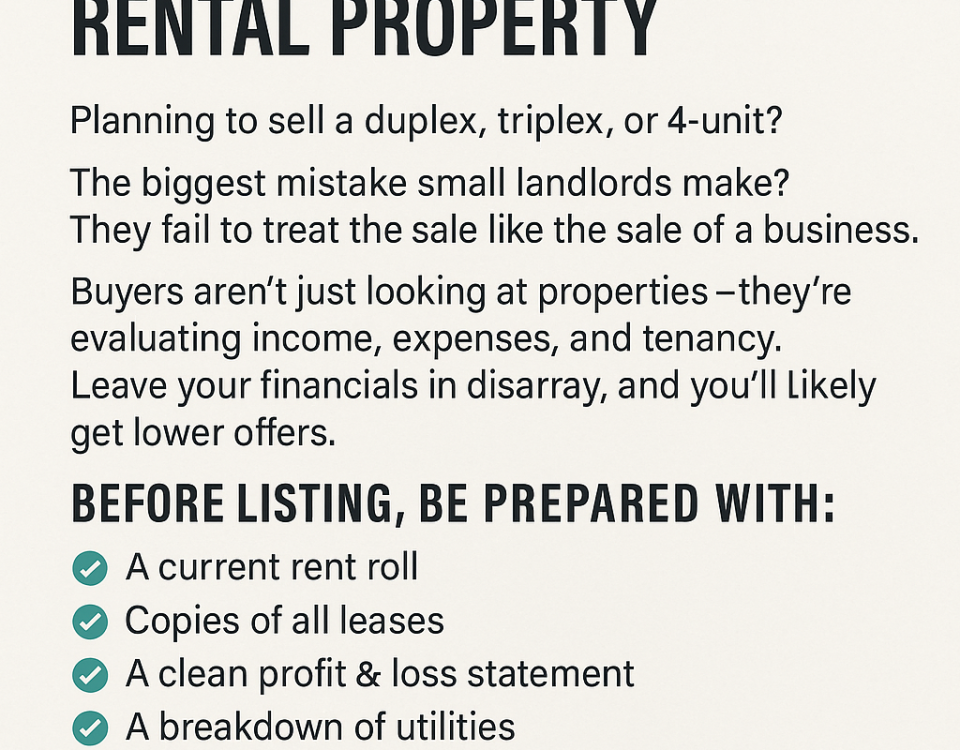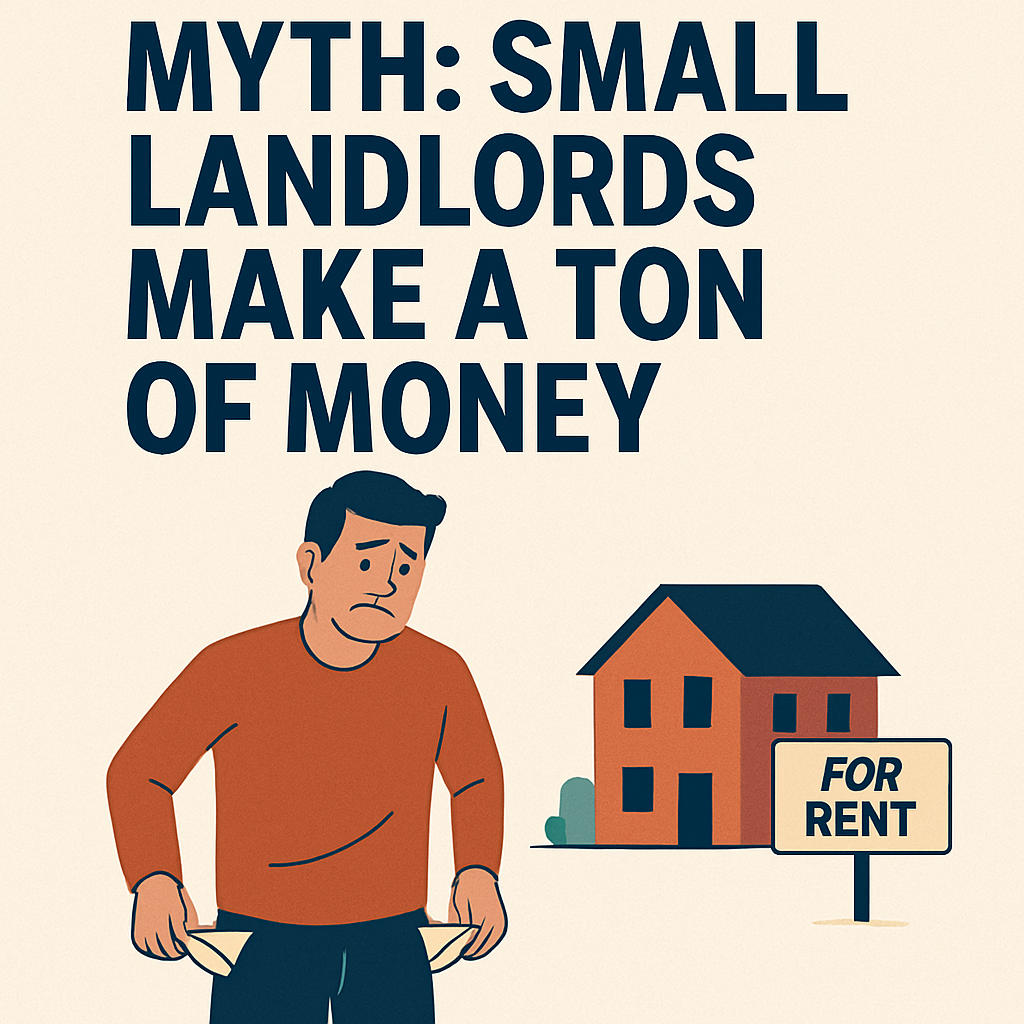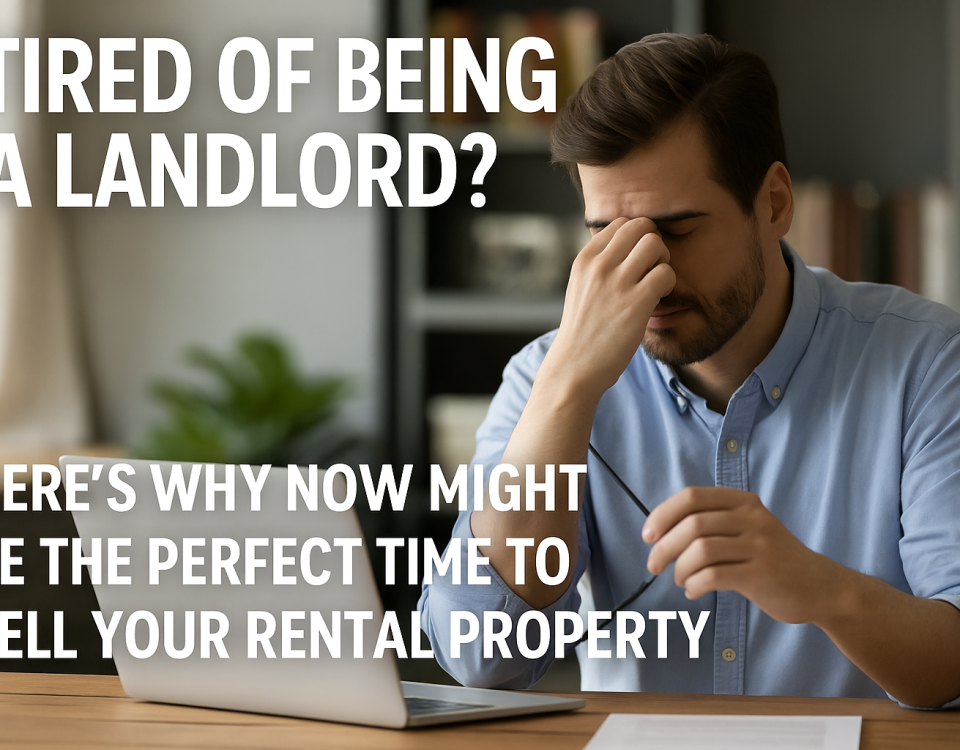
Does Your Property Have Aluminum Wiring?
January 9, 2017
5 Factors You Must Consider When Investing in Apartment Buildings
March 1, 2017As of late, apartment buildings have grown to be a significant and popular investment choice for real estate investors looking to gain lucrative income for their finances. With home loan endorsing rules becoming very strict for private properties (1 to 4 units); a lot of real estate investors have chosen to buy into apartment buildings.
Since interest rates have declined drastically, a lot of apartment and commercial mortgage rates have additionally fallen to amazingly low ranges of about 3% to 5%+. The smaller the rates and the home loan installments, the higher the monthly income.
Lower Vacancy Rates and Increased Tenant Demand
Oddly, the large number of homes foreclosed as of late and the stricter government-sponsored or insured private home loan advances have pushed past residential home owners into apartment buildings. Accordingly, apartment vacancy rates have dropped considerably in numerous locales.
The blend of lower vacancy rates with the rising demand for tenants has yielded an increase in monthly rental income for apartment owners. The higher the apartment owner’s Net Operating Income (NOI) numbers, the higher the value of the building in future.
Smaller Apartment Buildings Are Easier
It’s very much less demanding to buy and oversee a small apartment property.
It’s very much less demanding to buy and oversee a small apartment property (10 to 20 units) rather than various rental homes.
There will be fewer demands for smaller apartment complexes in different areas since there ought to be less rivalry from large-scale investment companies, for example, Pension Funds, R.E.I.T.s, Equity and Hedge Funds, as well as rich foreign investors.
The yearly profits of condos will give considerably higher return rates than commodities, securities, or stocks and are seeing increased interest from local and foreign, small and large-scale investors.
Smaller apartment complexes yield better cash-on-cash profits to investors than bigger apartment properties. They are likewise less demanding to oversee by the owner or an on-site property supervisor. Also, a small apartment building investor is poised to gain more profit per unit every month as opposed to bigger apartment properties.
Owing to the fact that there are a lot of small apartment complexes available for sale nowadays, there will be a larger number of willing apartment building sellers who will readily sell at a discount price. As needs be, lots of sellers are more adaptable with their prices and prospective seller financing options.
Since home loan rates keep on hanging close to record lows, this will significantly increase the monthly income choices for property investors. Also, the lower the financing cost on a home loan, the quicker the debt will amortize with the goal that it pays off much faster.
A great way to achieve early retirement is to own as many all clear apartment buildings as possible.
How to Determine the Apartment’s Value
What approach do sellers and investors take to decide the best value for an apartment building nowadays? To start with, they may start with something called the cap rate (capitalization rate). The capitalization rate is the proportion of yearly net operating income of a building in contrast to the price tag or cost of buying the property.
The higher the cap rate, the higher the apparent risk because of variables, for example, area, building quality, design features, as well as other variables. The brief definition of NOI (Net Operating Income) is that one computes their latest gross income and deducts the yearly costs, for example, utilities, maintenance, management, insurance and property taxes.
Since rents have soared quickly in numerous neighborhoods these previous couple of years, then both NOIs and gross rents have soared, as well. Today, the higher NOI figures then have caused a significantly higher valuation of apartment buildings for some investors.
Loan providers tend to favor properties that have higher NOIs than the suggested total debt service in order for the properties not to have possibly negative income. Few loan providers consider and permit a 1.0 (“Breakeven”) Debt Coverage Service Ratio. Whereas other loan providers prefer to see substantially more positive net yearly income levels, as such they favor 1.25, 1.35, or higher DSCR figures.
Ask These 5 Questions
When acquiring small to large apartment properties today, an investor ought to consider asking themselves these questions first:
• What kind of home loan credit would I be eligible for today?
• Which locations have higher stable vacancy and employment rates?
• What is my actual net income per unit?
• Is this investment better than residential properties?
• Do I want to retire in the nearest future?
With apartment unit rates floating close to the 3% to 5% mark nowadays, the better income flows will work better than it ever has for investors hoping to discover great apartment investment profits with reduced risk than lots of different investment opportunities today.
Would you like to work for your money, or do you want your money to work for you? Apartment buildings are one of the most ideal avenues to create excellent monthly income for investors today, particularly now that interest rates are close to record lows.




